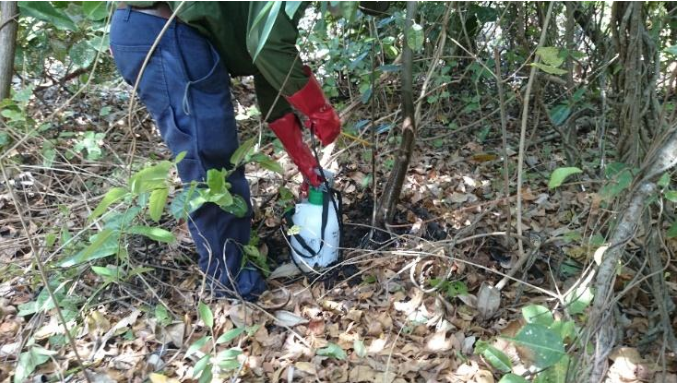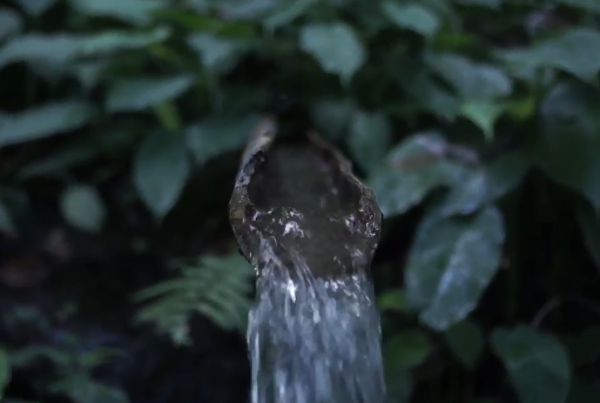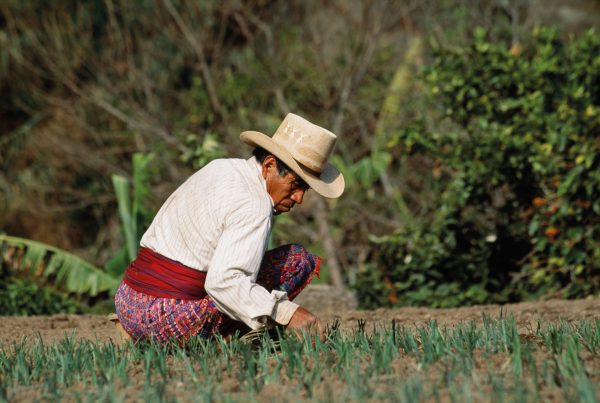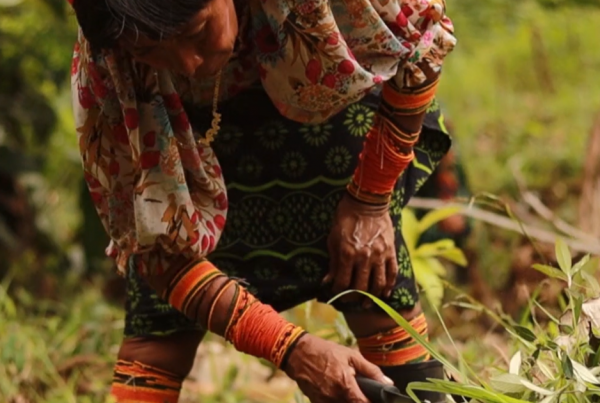The Pond Apple (Annona glabra) is an invasive plant that is listed as a Weed of National Significance”[footnote]Australian governments have agreed a list of thirty two Weeds of National Significance (WoNS), based on “their invasiveness, potential for spread and environmental, social and economic impacts”. See http://www.environment.gov.au/biodiversity/invasive/weeds/weeds/lists/wons.html[/footnote] in Australia. It originated in America and West Africa and was introduced to Australia in about 1912. It behaves like a mangrove, thriving in brackish and fresh water, and produces dense growth which crowds out native vegetation. It now extends from far northern New South Wales along most of the Queensland and Northern Territory coastlines. It transforms coastal wetlands, replacing native mangrove forest, paperbark tree swamp and nationally-endangered coastal littoral forest species [footnote]Littoral forests are a type of coastal forest which differs from mangrove forest[/footnote], and forming mono-cultural thickets.
The traditional owners of the Eastern Kuku Yalanji (EKY) Indigenous Protected Area (IPA) in Queensland manage over 200,00 ha of Bubu (Land/Country), either solely or in collaboration with local or national government. Invasive species represent a particular challenge to the implementation of their management plan. The pond apple is one of over 125 species of introduced weeds (IAS) that are present in the IPA. Since 2014, the Jabalbina Yalanji Rangers of the IPA have collaborated with non-profit groups [footnote]Cape York Natural Resource Management. Cape York Weeds and Feral Animals Inc. (2016). at <http://www.capeyorknrm.com.au/organisation/1327>[/footnote] and the local government to complete pond apple surveys and carry out control and follow-up monitoring of pond apple infestations in different parts of the EKY territory. Jabalbina rangers, Traditional Owners and indigenous students have been trained to identify/detect and control pond apple, including hand-pulling very small seedlings and using basal barking for larger trees, which involves spraying a small amount of herbicide directly onto the bark at the base of the tree. Indigenous communities are generally against the use of chemical controls on weeds, but, after seeing the successful effects of using glyphosate on pond apple, they are more accepting of herbicide use.
Many of the smaller infestations along rivers and creeks now under control, but there is still the major challenge of eradicating pond apple from low-lying areas to which access is restricted by tides, melaleuca (tea trees) and mangrove swamps, and which are home to saltwater crocodiles. Jabalbina Rangers will conduct follow-up monitoring and control trips during 2016 and 2017 and possibly beyond, with the hope of removing pond apple from EKY Bubu (Land / Country) altogether.
“None of us really saw the pond apple work as a hard thing to do. It was enjoyable, really, camping out on our Bubu and getting rid of this weed. We’re excited to get rid of pond apple from our Bubu”[footnote]Jabalbina Ranger Team Leader Bradley Creek[/footnote]
Les traductions en français et en espagnol seront disponibles d’ici la fin du mois de mars 2022.
Las traducciones al francés y al español estarán disponibles a finales de marzo de 2022.



